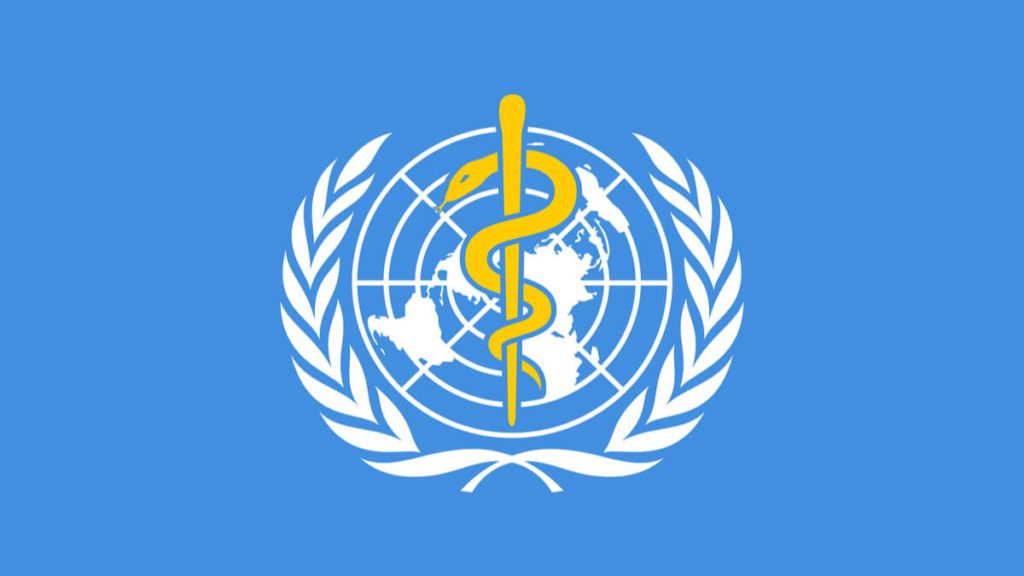
Launching throughout this week is the COVID-19 Law Lab initiative that shares and gathers legal documents from more than 190 countries worldwide in order to implement and establish healthy legal frameworks, aimed at managing the pandemic. The primary target is ensuring that these laws protect the wellbeing and health of individuals/communities while adhering to international human rights standards.
The COVID-19 Law Lab is a joint project between World Health Organization (WHO), United Nations Development Programme (UNDP), The Joint United Nations Programme on HIV/AIDS (UNAIDS), and the O’Neill Institute for National and Global Health Law.
Laws that are well designed can reach a long way in building strong health systems, and enforcing actions that create a healthier and safer public place. Achim Steiner, UNDP Administrator mentioned that policies and laws that are deeply rooted in science, human rights and evidence can allow people to access health services and protect themselves against coronavirus. He added that the COVID-19 Law Lab is an essential tool for sharing practices on policies and laws, as the current pandemic has seen an increase in legislative action required to reduce and control the virus.
It is important to note that laws that are poorly designed or implemented can cause harm to marginalized populations, and enrich discrimination and stigma, and can even hinder efforts to find an end to the pandemic.
The COVID-19 Law Lab is an ideal database of laws that different countries have implemented in accordance with the pandemic. It has several topics, varying from quarantine measures, state of emergency declaration, legal measures from wearing masks social distancing, to lockdown measures, and access to vaccines and medications. The database will continue to grow once it starts being used. Furthermore, the COVID-19 Law Lab will include research on several different legal frameworks. The analyses will focus mainly on the human rights effects of public health laws, and will help countries in finding the best practices to help them in their immediate response to COVID-19, and in addition to socioeconomic recovery once the situation is under control.